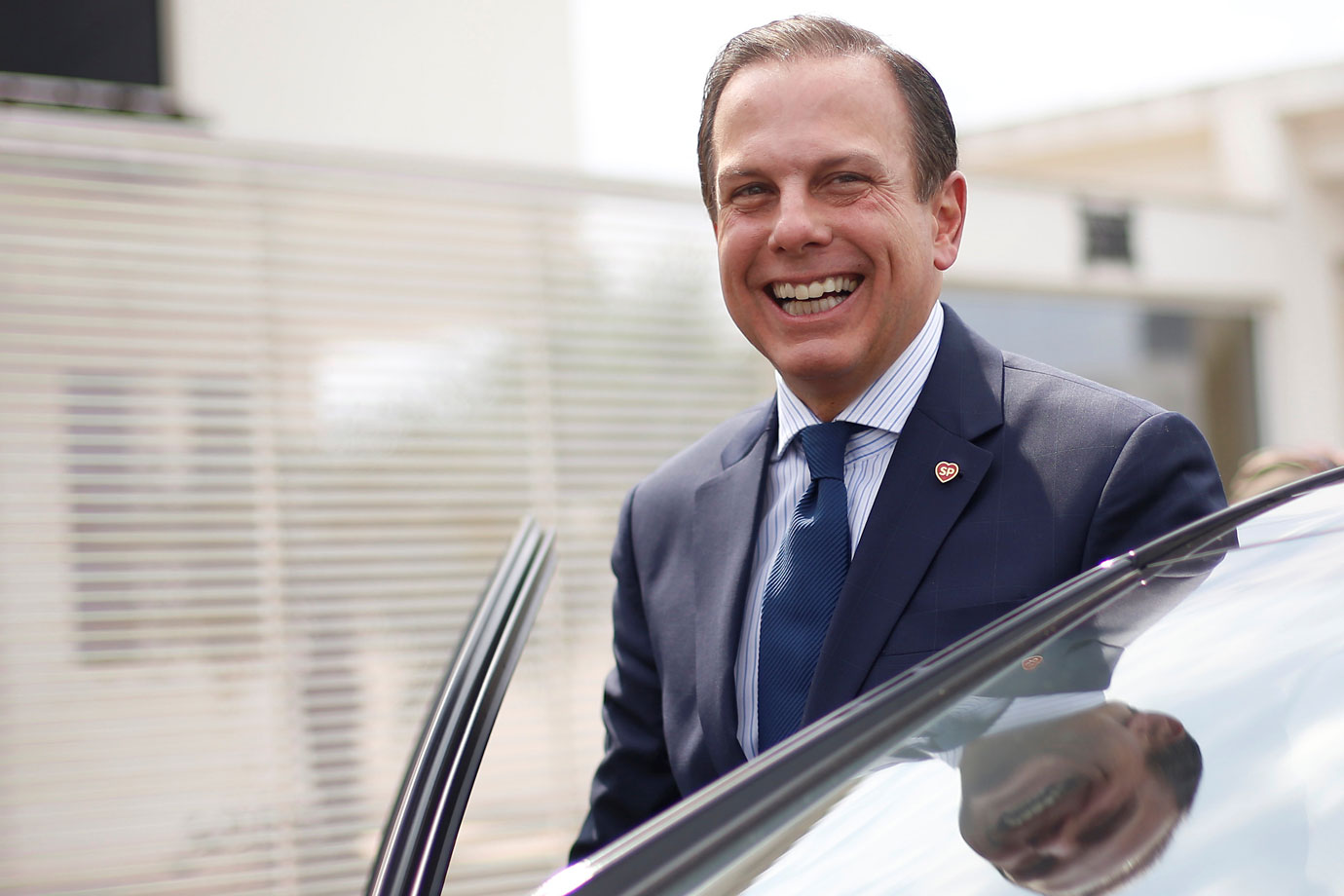RIO DE JANEIRO, BRAZIL – São Paulo governor João Doria (PSDB) is planning to sign concession contracts and Public-Private Partnerships (PPPs) by 2022 that could yield R$18 (US$3.3) billion in investments in the state in the medium and long-term.

The estimated amount of resources and jobs created in an election year, as a result of the economic recovery plan, could still be increased with the privatization of EMAE, the water and energy company. For the time being, state-oned sanitation company SABESP is not part of the plans.
The governor, who is trying to secure his candidacy for the country’s presidency next year, is rushing to implement mega-projects, some of which are also controversial, such as the concession of the São Paulo Metropolitan Trains Company (CPTM) and the area where the Ibirapuera Gymnasium indoor sporting arena is located.
The auction of one of the most coveted assets by the market is scheduled for March: Subway Line 9-Emerald, which runs along the Pinheiros River and connects the capital’s southern zone to neighboring suburb Osasco. The package includes Line 8-Diamond, which runs from downtown to Itapevi, and has a minimum concession fee estimated at R$303 million.
Vice-governor and government secretary Rodrigo Garcia estimates that the bid proceeds will exceed the minimum price, i.e., reach a premium of between 5 and 10 times the estimated amount, thereby raising the State’s revenue by at least R$1.5 billion.
The transportation area holds the largest number of projects in the package. With a public notice expected for March, the concession of 213 kilometers of the SP-55 coastal highway – between Bertioga and Peruíbe -, should result in R$3.1 billion in investments, according to the government.
The implementation of new equipment, such as footbridges and overpasses, is planned. On the other hand, users will start to pay tolls. Up to four toll plazas are planned in the cities of Pedro de Toledo, Itanhaém, Bertioga and Mogi das Cruzes.
Garcia also highlights the concession to private parties of 22 regional airports in São Paulo – the most disputed should be those in Ribeirão Preto and São José do Rio Preto, two of the state’s largest inland cities.
Another favorite is the Intercity Train project, one of Doria’s campaign pledges. “We expect to end the year with a train that runs from São Paulo to Campinas and from Campinas to Americana, in the bidding process. A further R$7 billion in investments will result from this.”
Garcia adds that “it is necessary to understand that investments made through concessions and Public Private Partnerships do not occur in the same year. The investment to be made over the next few years is contracted. This is our estimate for these R$18 billion (excluding the train)”. Projects that have been completed by the current administration raise this estimate to R$37 billion.
Brazil Risk
According to economist Fabio Klein, public finance consultant at Tendências, the state government package could benefit from the low interest rates in Brazil and in several countries worldwide as a result of the pandemic. “This is a favorable moment in terms of cost and availability of capital. There is very high liquidity, particularly abroad, which is where a large part of these investments come from,” he explains.
However, according to Klein, the so-called Brazil risk could hinder this favorable business environment. “Legal uncertainty, which often permeates relations between the public and private sectors, could drive investors away. Interventions that end up in the courts or lead to contract breaches are a risk.” In São Paulo, however, the “tradition” of concessions is more firmly established, according to Klein.
Works in the countryside
While seeking private funding to expand investments in the state in the second half of his administration – if he runs for president, Doria will be required to resign in April 2022 – the governor also plans to increase the share of Treasury funds invested in improvements for the population. To this end, he will resort to a strategy common to his PSDB party: restarting works on secondary roads in the interior of the state.
Another lot is expected to be announced by the end of this month. The government will invest R$1.5 billion in road duplications, new access roads, and overpasses on state-run highways.
Doria’s projected economic plan for 2021/2022 is based on the assumption that vaccination against covid-19 will boost tourism, one of the most affected sectors as a result of the pandemic.
According to Rodrigo Garcia, the optimistic scenario outlined by the government in a moment of crisis is a reflection of the state’s performance during the pandemic. “I credit this to the intelligent quarantine we have implemented. It was not as restrictive as it is said to be. We kept essential services, industry and construction. The result is that, according to the SEADE (Statewise System for Data Analysis Foundation) preliminary index, we grew 0.3% in 2020, while Brazil dropped 4.4%.”
Source: O Estadão

